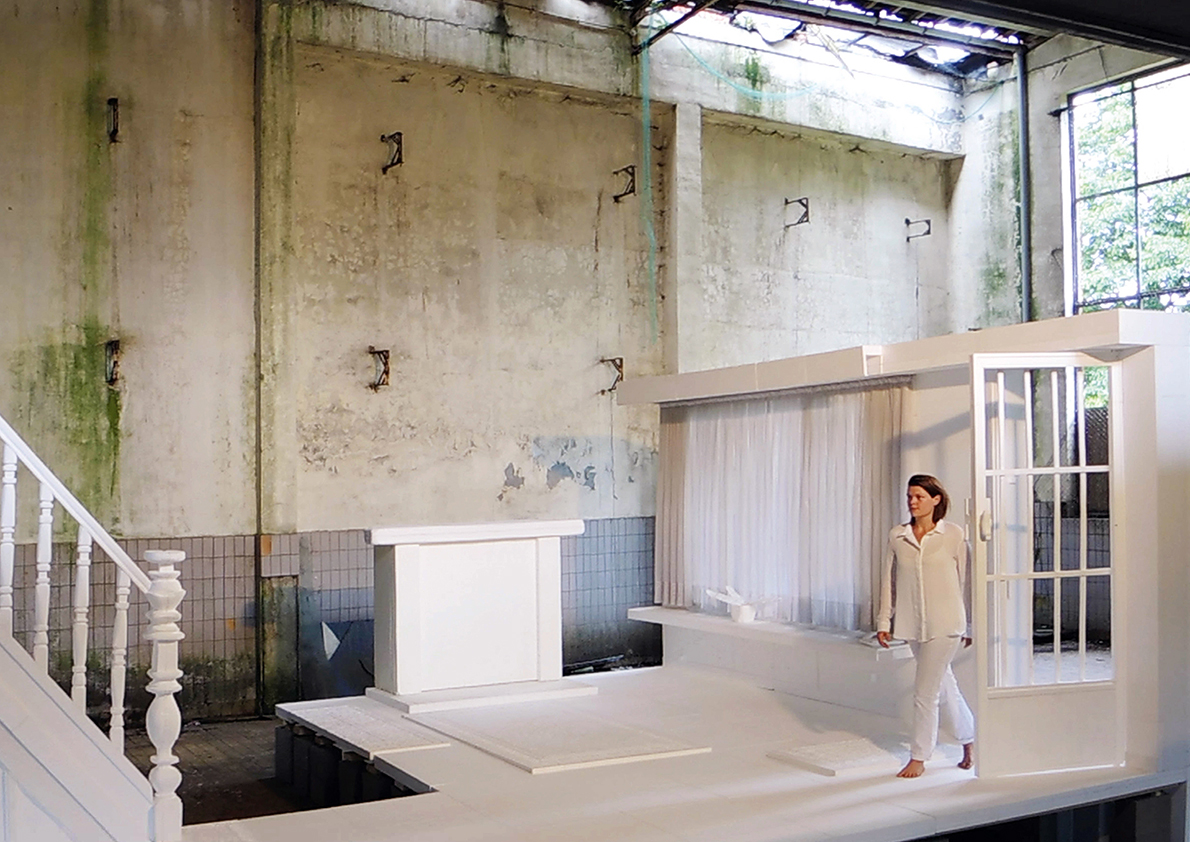Interior Architecture is dedicated to improving our life world. We want to explore the complex relationships between people, their objects and actions in time and space. These relationships can take many shapes in a multitude of places: physical, mental, in and outside private interiors (such as a living room) but also in public places (such as a square or street). The program of interior architecture investigates the relationships between people and its interior on the basis of four key concepts: imagination, proximity, materiality and changeability that returns in our Master and Bachelor program.
We consider our program of Interior Architecture in terms of 6 verbs:
- TRANSFORMING and changing existing realities into meaningful interiors is fundamental. We recognize the quality of existing places by cherishing them, reorganizing them critically and improving them by carefully intervening.
- DESIGNING is at the heart of our educational program: imagining, expressing and realizing an interior in order to transform it into something else and/or better. In so doing we consider the interior not as a final product but as a process.
- CONDUCTING RESARCH generates alternative ways to consider interior architecture. By integrating theoretical stances and different practices, we broaden our vision upon the built and unbuilt reality.
- QUESTIONING interior architecture as a discipline geared to provide esthetical solutions. Instead, we want to raise awareness concerning ethical limits of the interior: should the interior architect not question why he/or she builds and adds element to an existing material culture?
- FORMING PEOPLE is our main mission as we appreciate apprentices as self-critical, dynamic and solidary beings. Our pedagogical scope to bring about a personal transformation.
- ANTICIPATING MEANINGFULLY, instead of bluntly preparing pupils for the labor market. We believe in Interior Architecture as a platform to emancipate the weaker into stronger ones.
Picture: Lien Van der Jeught, Master’s thesis ‘Fictitious Reality’ 2015

